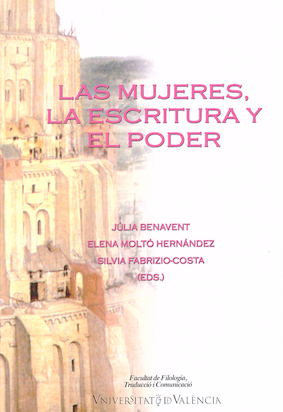Maintenant ou jamais: la verve des romancieres contemporaines italiennes
DOI:
https://doi.org/10.7203/qf-elit.v17i0.3490Keywords:
women, Italy, writing, demands, power Abstract
Abstract
The social and political movement “Se non ora quando” (If Not Now, When?), using the title of a famous work by Primo Levi, recently united thousands of men and women who denounced a sad reality: Italy “is not a country for women”. Is it just a coincidence? In parallel and like a descant, in the last decade, Italian women novelists have clearly restored a creative second wind to contemporary literature. Let it be new-born literary talents or confirmed ones, the fictions by M. Agus, M. Mazzantini, M. Mazzuco or S. Avallone echo, with their singular voices, the “powerfulness” of Italian women. With very different styles, demands and tonalities, their words murmur together to form the corphaeus’ voice that disturbs, deplores, denounces and laments the condition of today’s homo italicus. We suggest that we set out upon a quest for this abundant literary production, while organizing our reflexion around that which could be a common denominator: “the urgency to say”.
 Downloads
Downloads
Downloads
How to Cite
-
Abstract258
-
PDF (Español)92
Issue
Section
License
 Este obra está bajo una licencia de Creative Commons Reconocimiento-NoComercial-SinObraDerivada 4.0 Internacional.
Este obra está bajo una licencia de Creative Commons Reconocimiento-NoComercial-SinObraDerivada 4.0 Internacional.
Authors who publish with this journal agree to the following terms:
- Authors retain copyright and grant the journal right of first publication with the work simultaneously licensed under a Creative Commons Attribution License that allows others to share the work with an acknowledgement of the work's authorship and initial publication in this journal.
- Authors are able to enter into separate, additional contractual arrangements for the non-exclusive distribution of the journal's published version of the work (e.g., post it to an institutional repository or publish it in a book), with an acknowledgement of its initial publication in this journal.
- Authors are permitted and encouraged to post their work online (e.g., in institutional repositories or on their website) prior to and during the submission process, as it can lead to productive exchanges, as well as earlier and greater citation of published work (See The Effect of Open Access).




